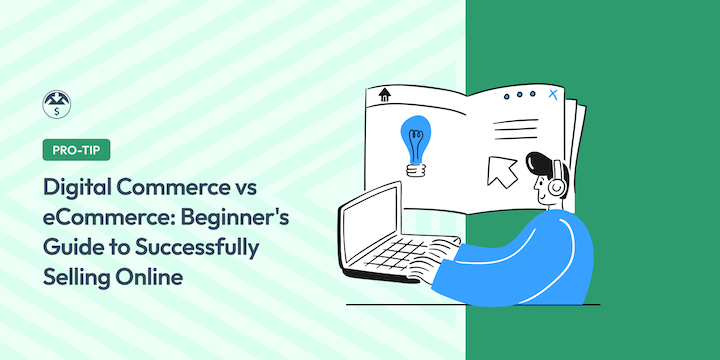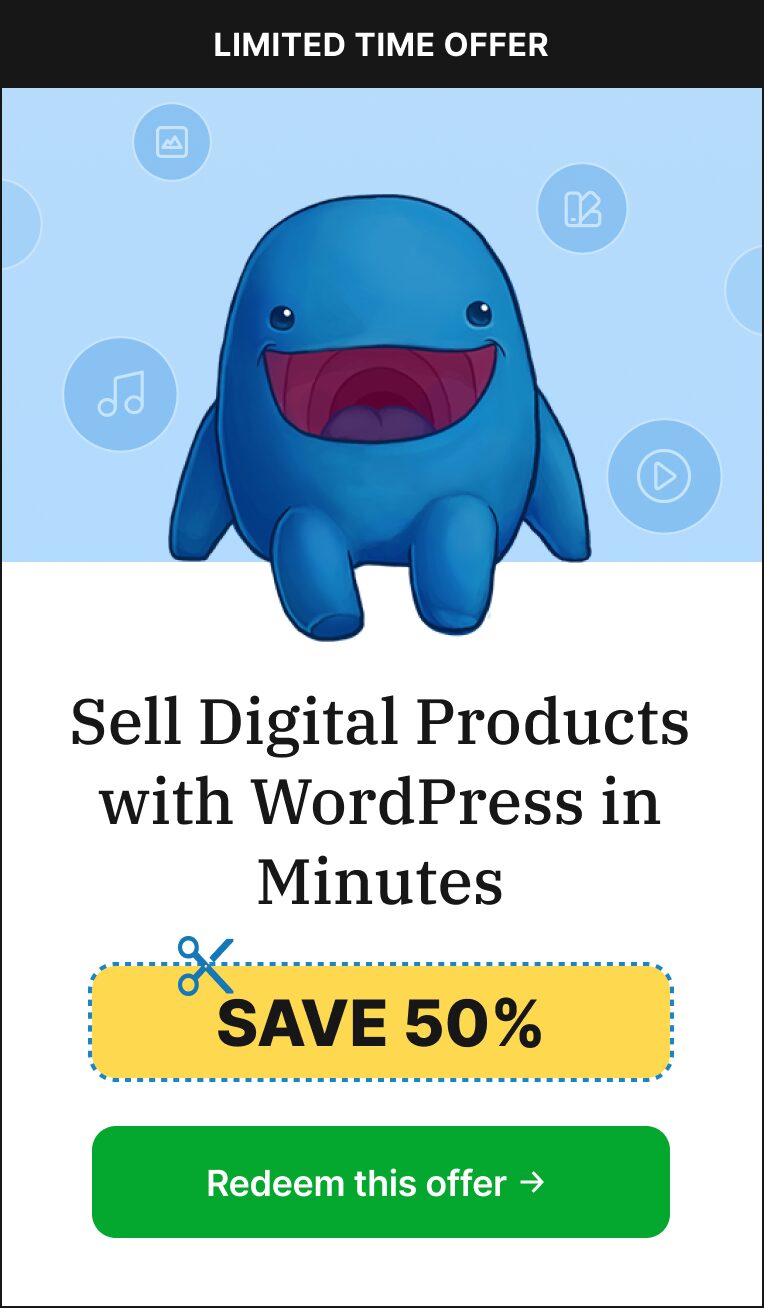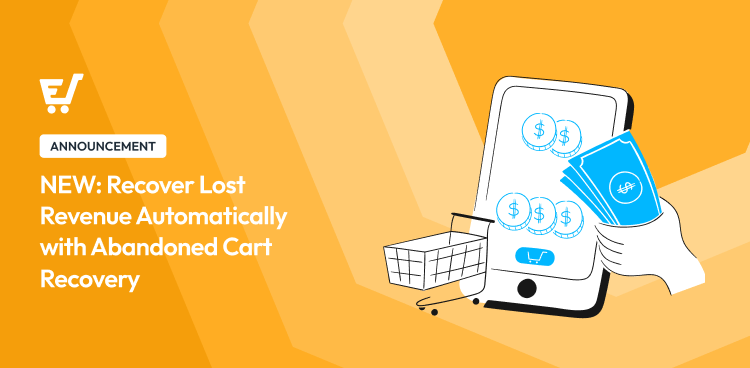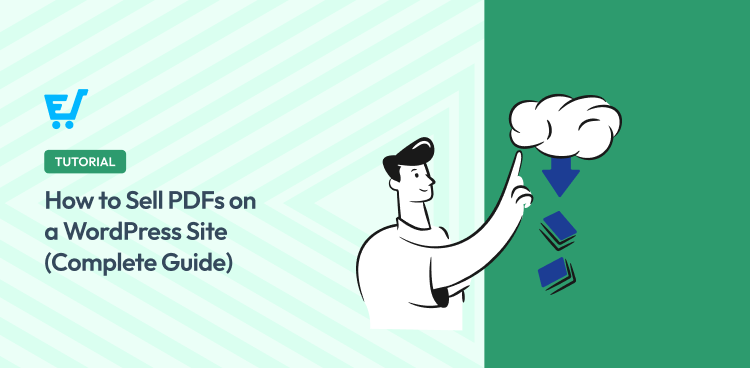Do you want to learn the difference between digital commerce vs eCommerce?
In the ever-evolving world of online selling, navigating the different types of eCommerce and related terminology can feel confusing. Today, we’re tackling two big ones: digital commerce and e-commerce.
Understanding the difference between these two isn’t just about semantics – it’s about crafting a winning marketing strategy for selling your amazing digital products.
Below, you’ll find a beginner’s guide in which I’ll cover:
Overview of Digital Commerce vs eCommerce
At first glance, digital commerce and eCommerce might seem like synonyms. But there’s a subtle yet crucial difference between the two. Think of eCommerce as the what, and digital commerce as the how and why.
eCommerce (short for electronic commerce) is the nuts and bolts of online selling. It refers to the transaction itself – the buying and selling of goods and services through an online platform. This could be anything from a physical product on eCommerce platform giants (think Amazon, eBay, or Etsy) to a yoga class streamed live on a fitness platform.
So what is digital commerce?
Digital commerce takes a broader view. It encompasses the entire customer journey, from the moment a potential buyer stumbles upon your product to the post-purchase experience.
It focuses on utilizing digital tools and strategies to create a seamless, high-quality, and engaging online shopping experience for your customers. Here, personalization, data-driven marketing, and building customer loyalty play a central role.
Why Digital Commerce Is Important
Now that we understand the difference, let’s explore how leveraging digital commerce strategies can help elevate your eCommerce success.
Several key benefits of digital commerce make it worthwhile for everyone from startups and small businesses to entrepreneurs and business owners, including:
- Enhanced customer experience: Market research, personalization, targeted marketing, and omnichannel engagement strategies lead to happier customers.
- Data-driven decision-making: Track customer behavior and preferences to tailor your offerings and marketing campaigns.
- Increased brand loyalty: Foster deeper connections with your target market and customers, leading to repeat business.
While implementing a comprehensive digital commerce strategy requires a fair amount of planning, investment, and expertise, it has long-term benefits that can elevate your online business.
The future of digital commerce offers exciting opportunities for online sellers, particularly those offering digital products. Unlike with the traditional retail sales of physical stores, digital products offer ease of delivery and minimal overhead costs that perfectly position them to thrive in this evolving landscape.
Digital Commerce Tips & Best Practices
While understanding the difference between digital commerce and eCommerce is important, the real magic happens when you translate knowledge into action.
This section provides some step-by-step guidance and practical strategies you, as an online seller, can implement to leverage the power of digital commerce in your online selling business plan.
Note that most of these suggestions—specifically the features and tools—are geared toward WordPress users and storefronts powered by Easy Digital Downloads. Don’t have a WordPress site yet? Learn how to get started with this guide.
1. Personalize the Customer Journey
The heart of digital commerce lies in creating a personalized user experience for each customer. To help achieve that, you need solid analytics and reporting tools to gain insights into customer demographics, sales channels, purchase history, and product preferences.
For instance, based on purchase history, you could send targeted email campaigns to customers who bought a fitness eBook, offering them a discount on a complementary online yoga course.
You can also implement dynamic pricing and promotions. Set up targeted discounts and coupons based on user roles, purchase history, or specific product categories.
Create dynamic pricing rules that automatically adjust prices based on factors like purchase quantity. For example, with product bundles and EDD’s Cross-Sells and Upsells addon, you could offer a discount code for a bundle of your digital products (e.g., eBook + online course) to incentivize customers to purchase both items.
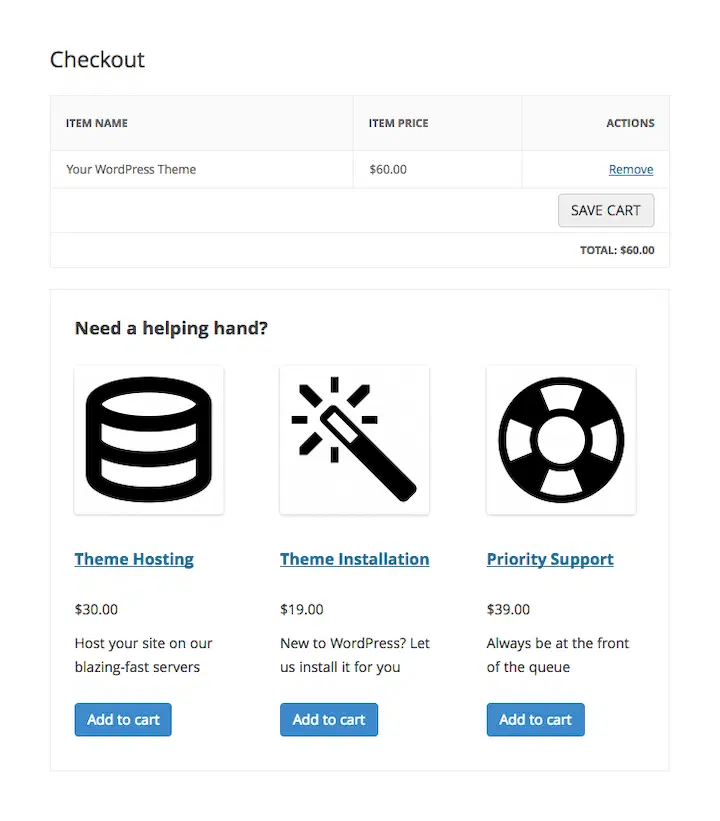
Additionally, you could offer product recommendations using EDD’s Recommended Products and Recently Viewed Items extensions.
2. Leverage Email & Content Marketing
Establish yourself as an authority in your niche by creating valuable content that educates, engages, and builds trust with your audience.
Start by creating valuable blog posts, tutorials, and other digital resources related to your products and target audience.
With Easy Digital Downloads Restrict Content, restrict access to premium content like exclusive blog posts, video tutorials, or downloadable resources to paying customers, incentivizing them to purchase your products.
For instance, you could create a blog post on “5 Tips to Master Photography as a Beginner,” and offer a downloadable cheat sheet with advanced photography techniques exclusively for paying customers.
Leverage the power of SEO (Search Engine Optimization) to improve your eCommerce website’s ranking in search engine results, making it easier for potential customers to find you.
EDD also lets you easily utilize email marketing for targeted communication. Leverage EDD’s built-in email marketing features to send automated welcome emails, abandoned cart reminders, and promotional newsletters to your customer base.
You can also integrate EDD with popular email marketing services like Mailchimp or Constant Contact for more advanced audience segmentation and campaign management options.
3. Engage Your Audience on Social Media
Social media marketing can also play an important role in reaching your target audience and fueling your eCommerce marketing efforts. Promote your content and offerings on social media platforms like Facebook, Instagram, and Twitter.
Utilize EDD’s social sharing buttons to make it easy for your audience to share your content on their social networks.
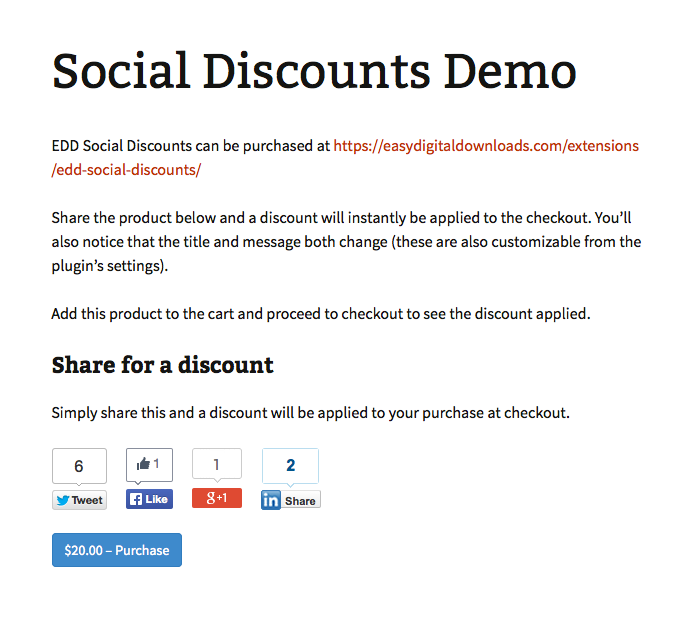
Smash Balloon lets you display your social media feeds on your own website. TrustPulse can help you leverage social proof to showcase customer testimonials and custom activity, building trust and credibility.
With a plugin like RafflePress, you can run contests and giveaways to promote product releases, and engage with customer comments and questions to foster a sense of community.
4. Encourage Customer Loyalty & Repeat Business
Invest in strategies that nurture customer relationships and encourage repeat purchases. One of the easiest ways to do that is to offer loyalty programs and rewards.
Rewarding customers for their purchases or referrals encourages them to come back for more.
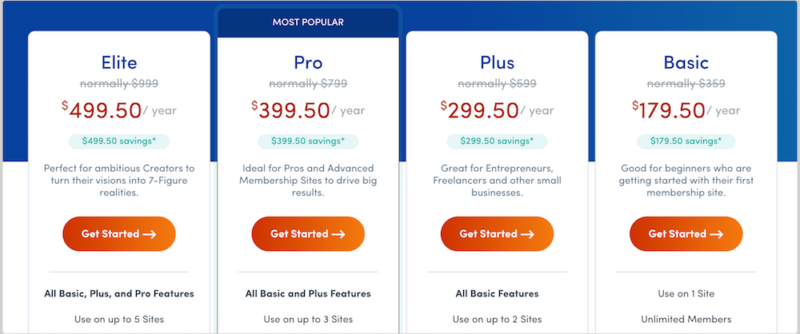
With EDD Recurring Payments, you can offer subscription-based products and memberships to create recurring revenue streams and foster long-term customer relationships.
Don’t overlook the importance of excellent customer support. Leverage chatbot plugins and form builders like WPForms to provide intuitive customer support and answer questions promptly.
You might create a knowledge base with frequently asked questions (FAQs) and tutorials. Going the extra mile to resolve any issues efficiently can enhance customer satisfaction.
Also, incorporate user-generated content, like customer reviews. Displaying this type of content on your product pages can provide social proof.
5. Embrace Technology & Automation
Leveraging technology and automation tools makes it significantly easier to streamline your operations and personalize the customer experience.
As I mentioned, you can utilize EDD’s built-in digital marketing automation features to send automated email sequences based on customer behavior, such as welcome emails, abandoned cart reminders, and post-purchase follow-ups.
There are other strategies available to help elevate your digital commerce and eCommerce success. OptinMonster is a leading conversion optimization plugin that can help you drive engagement and increase conversions. You can use it to create exit-intent popups and other interactive elements that are tailored to specific conditions and criteria.
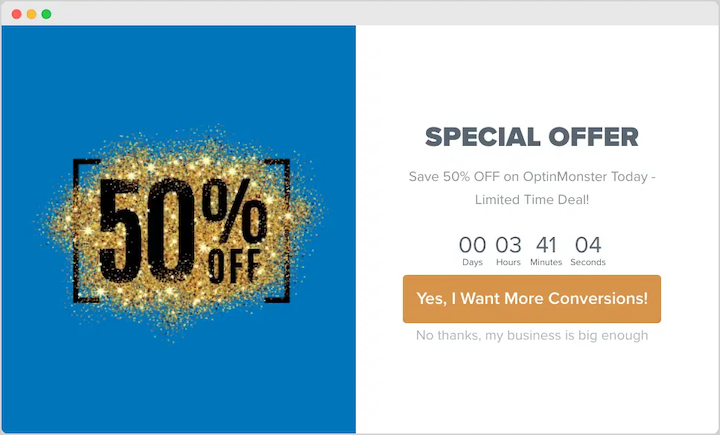
AIOSEO is another marketing automation tool that can help you optimize your website content to help improve your search visibility.
If you use payment gateways like Stripe Pro, you can also streamline the checkout experience for customers by allowing them to save their credit card or payment details to use on future purchases.
Integrate AI chatbots on your website to provide 24/7 customer support, answer basic questions, and offer personalized product recommendations.
Remember, these are just a few ways to leverage digital commerce and integrate it into your online selling strategy. The key is to experiment, analyze data, and continuously refine your approach to create a seamless and engaging customer journey that drives online sales and fosters long-term customer loyalty.
FAQs About Digital Commerce
Hopefully, this post has helped you understand more about digital commerce and the important role it plays in a successful eCommerce business.
To wrap up, I want to go over some frequently asked questions.
What are some additional benefits of using Easy Digital Downloads for selling digital products?
Beyond the features mentioned in the article, EDD offers several additional benefits, such as:
- Extensive add-on library: Choose from a vast library of extensions to enhance your store’s functionality, add specific features, and cater to unique business needs.
- Robust developer community: Access a supportive community of developers and users who can provide assistance and share valuable insights.
- Regular updates and security patches: Benefit from regular updates and security patches to ensure your store stays protected and functions optimally.
How do I get started with implementing digital commerce strategies?
The first step is to identify your specific goals and target audience. Then, research and choose the tools and strategies that best align with your needs and resources. Start small, experiment with different approaches, and continuously analyze your results to optimize your online selling strategy for maximum impact.
What types of digital products can I sell with Easy Digital Downloads?
You can sell a wide variety of digital products, including eBooks, software, plugins, templates, music, online courses, and more.
Embrace Digital Commerce With EDD
The landscape of online selling is quickly moving toward a custom-centric approach. By embracing digital commerce solutions and keeping up with the latest digital trends and technologies, you can turn your digital creations into a thriving online business.
Don’t have Easy Digital Downloads yet? Grab your pass today and access the tools needed to take your eCommerce site to the next level:
📣 P.S. Be sure to subscribe to our newsletter and follow us on Facebook or Twitter for more WordPress resources!
